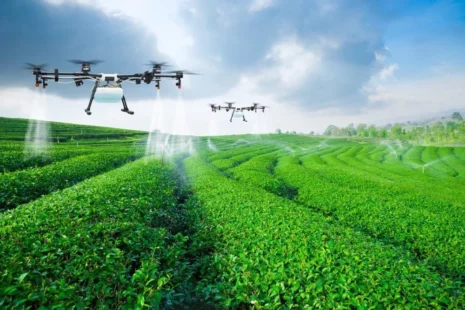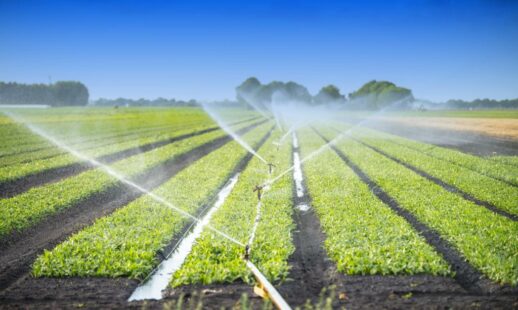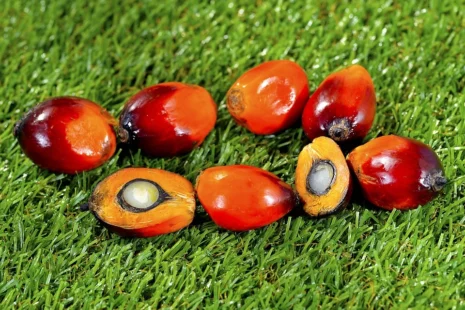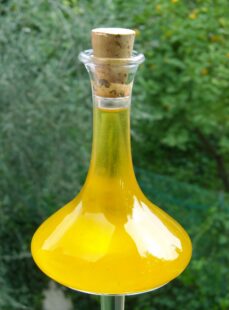
At the Meituan drone delivery collecting store in Longgang, Shenzhen, a drone recently laden with fruits from Pagoda took off. In the sweltering summer, cold lychee from 2 kilometres away is packaged and sent 7 minutes to customers. It is acknowledged that Meituan and Pagoda began working together in 2016. Pagoda’s latest effort in the fresh fruit delivery industry is the drone delivery service for fruit that was just introduced in Shenzhen. In Meituan’s drone business, Pagoda has also emerged as the first fruit chain retail brand. The ordering process for a drone delivery is essentially the same as a traditional delivery in terms of the on-site experience. Following the customer’s order placement, the in-store staff will arrange sorting and bagging, and the packing will be completed by specialists.
According to the predetermined route, the drone will transport the fruit to the designated smart pick-up cabinet and simultaneously send the pick-up code to the customer for pickup. “Our current seasonal fruit offerings include lychees, apricots, and winter jujubes. For the benefit of our clients, we will eventually add more goods, like fresh fruit salad mixes. The most pressing concern for users, according to Meituan, is whether the fruit is fresh. “The typical drone delivery service of “3 kilometres within 15 minutes” for fruit has the most value in drastically cutting the delivery time so that each piece of fruit may be served right away, which can significantly improve the experience of the recipient.
Meituan’s drone business has been been running in Shenzhen for about a year. In 10 villages and 4 business areas as of June 2022, it had covered more than 8,000 households and had carried out more than 58,000 user orders. Up to this point, Meituan’s drone delivery has partnered with more than ten brands in the fast food, beverage, high tea, and snack sectors, and it will continue to investigate new possibilities in the future.

Irrigation covers only 5% of Australia’s tilled agricultural land but delivers 30% of total agricultural output. Agriculture utilises 50-70 percent of Australia’s annual water use, with irrigation accounting for 90 percent of that. Regulations and licences govern the vast bulk of irrigated water use. Irrigators require a permit to draw specific amounts of water from […]
Read More →
Late last week, Indonesia, the leading producer of palm oil, shocked global consumable oil markets by announcing an immediate ban on palm oil exports. Global oilseed prices have risen even more this year. It might be huge news for Australian canola growers, who are currently benefiting from the greatest prices on record, with prices frequently […]
Read More →
Malaysian palm oil futures dipped on Friday, followed lower-cost competing oils, although speculators profited after the contract hit an all-time high over labour shortage concerns. At the midday break, the flagship palm oil contract FCPOc3 for March delivery on the Bursa Malaysia Derivatives Exchange fell 71 ringgit, or 1.38 per cent, to 5,090 ringgit ($1,218.14) […]
Read More →